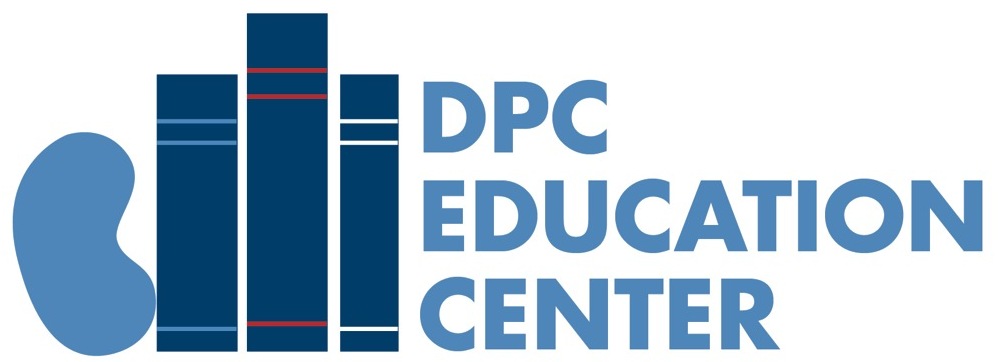South Carolina Dialysis Patient Resources
Patient Support and Financial Resources
National Kidney Foundation Serving the Carolinas - South Carolina Region
Provides financial assistance, nutritional supplements, renal vitamins, clothing and household goods to kidney patients living in South Carolina.
1-800-488-2277
ESRD Network
#6 Southeastern Kidney Council
1000 St. Albans Drive Suite 270
Raleigh, NC 27609
1-800-524-7139
State Run Programs
South Carolina Healthy Connections
1-888-549-0320
- Adult Programs: Healthy Connections is South Carolina's Medicaid grant-in-aid program by which the federal and state governments share the cost of providing medical care for needy persons who have low income. Medicaid for Aged, Blind or Disabled (ABD) Provides Medicaid coverage to individuals with low income who are aged, blind, or disabled.
- Programs for Children: The Partners for Healthy Children program was authorized under Title XXI of the Social Security Act. This program provides Medicaid coverage for children who live in families with income at or below 150% of the Federal Poverty Level.
Health Reform Status
Exchange: The federal government will run the health insurance exchange in South Carolina.
Medicaid: The state will not expand Medicaid eligibility.





